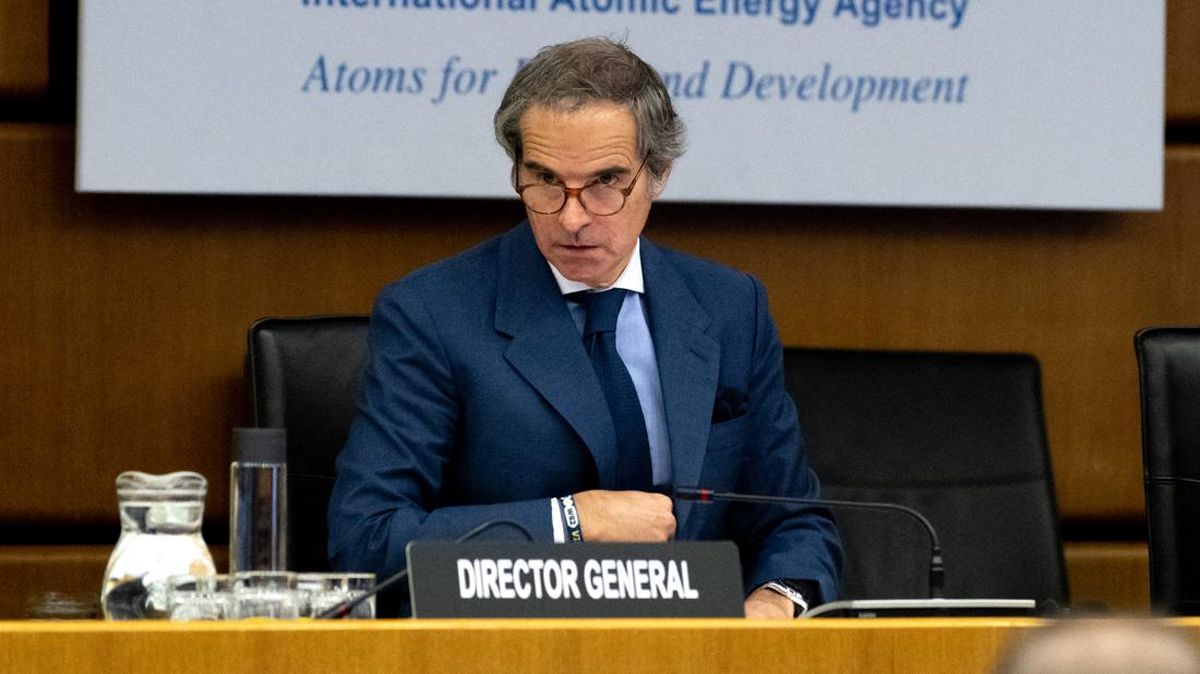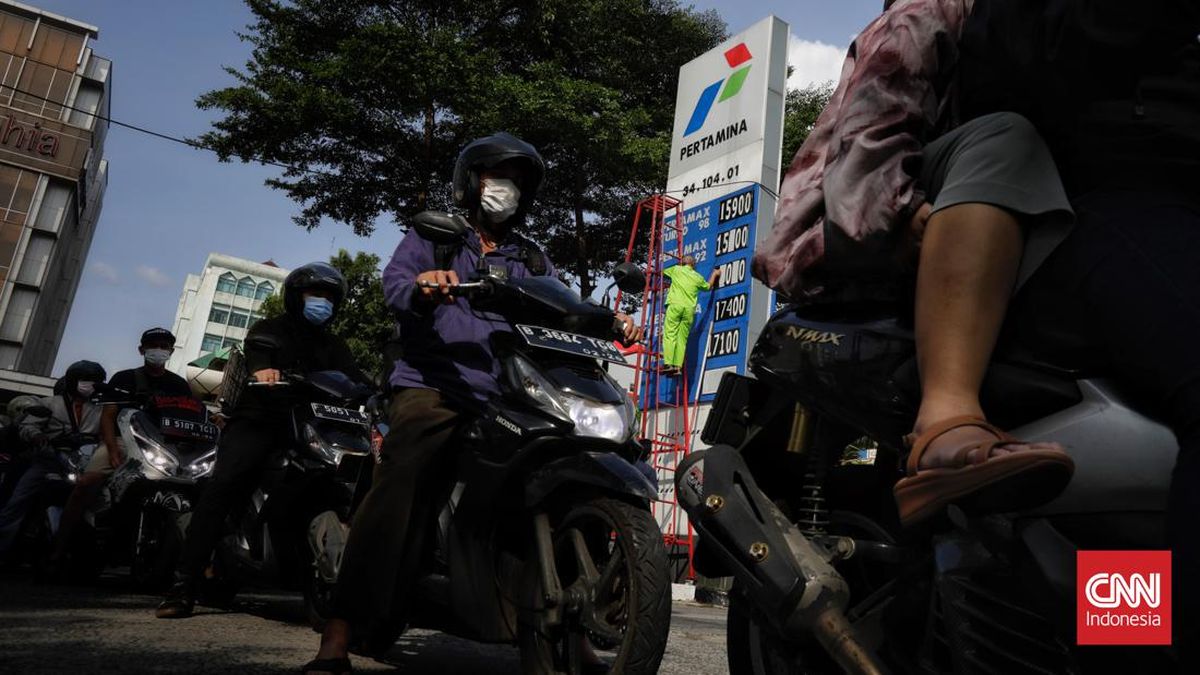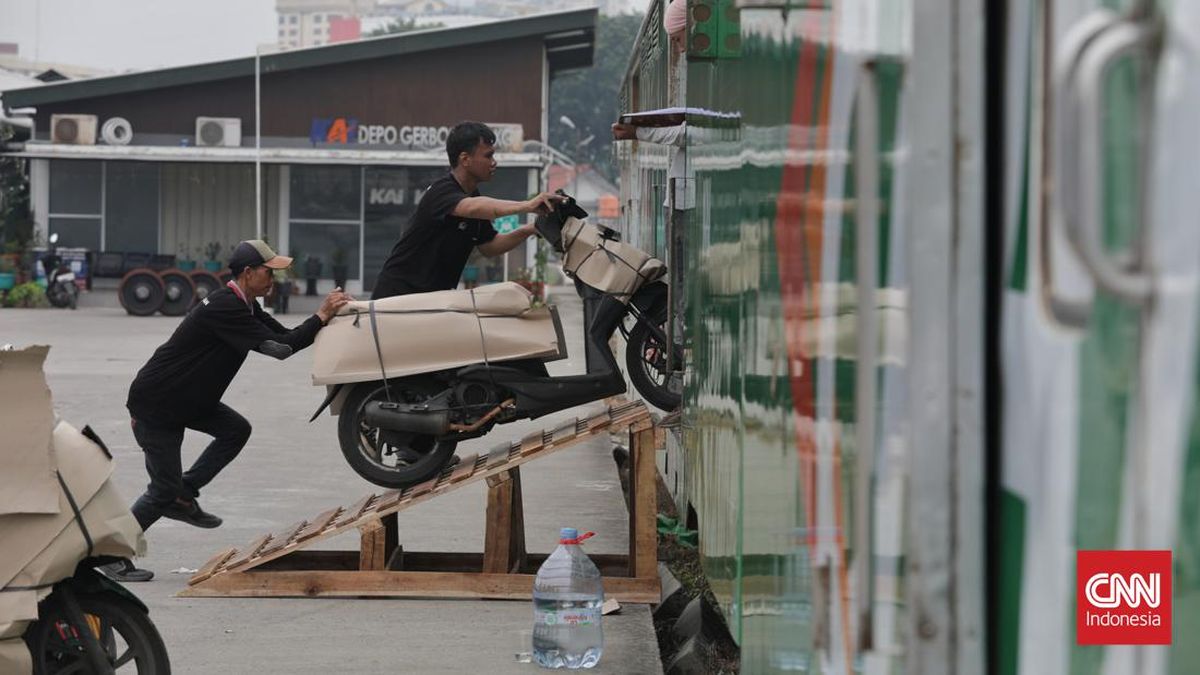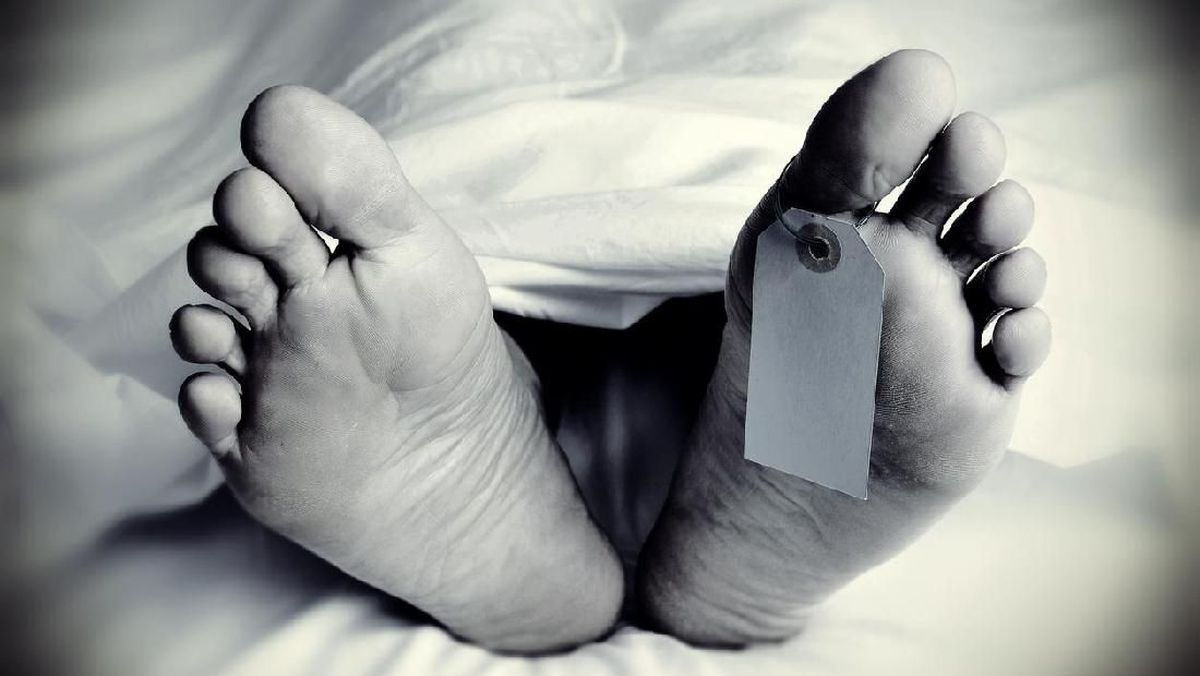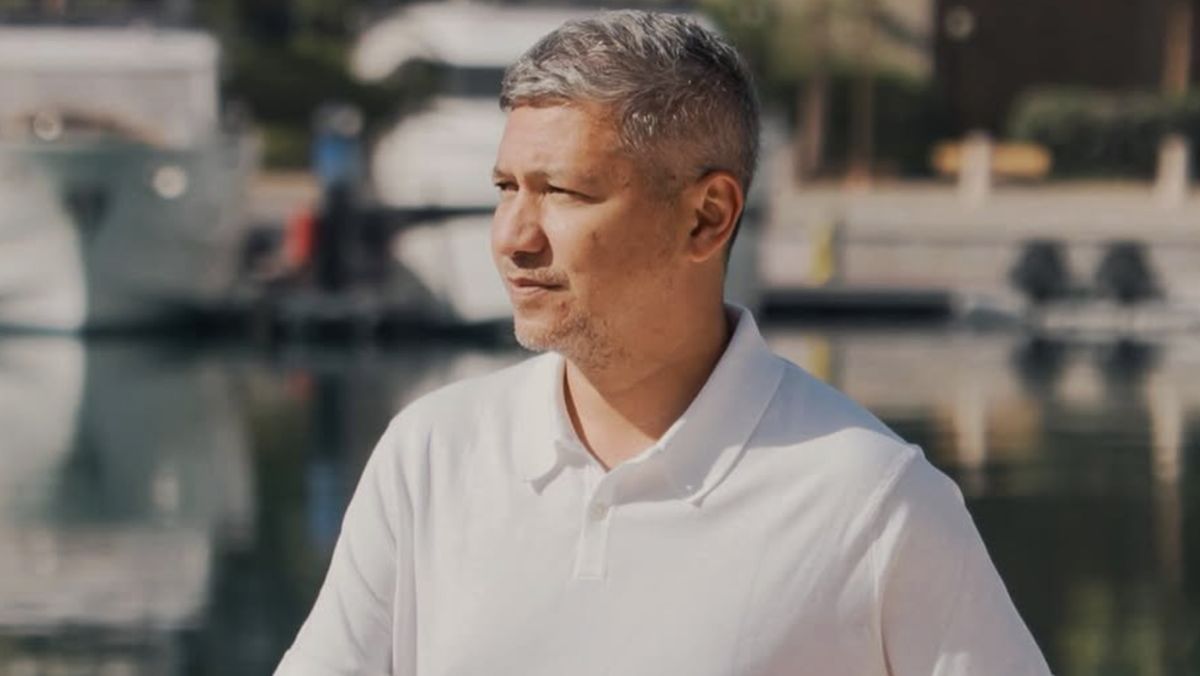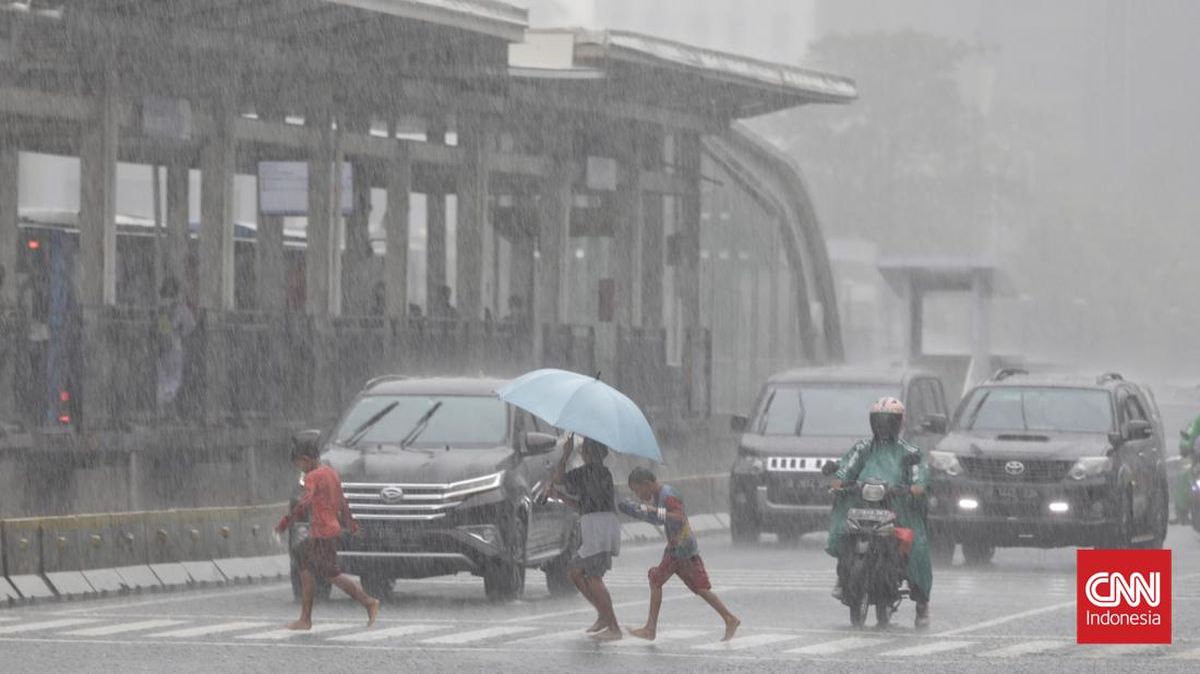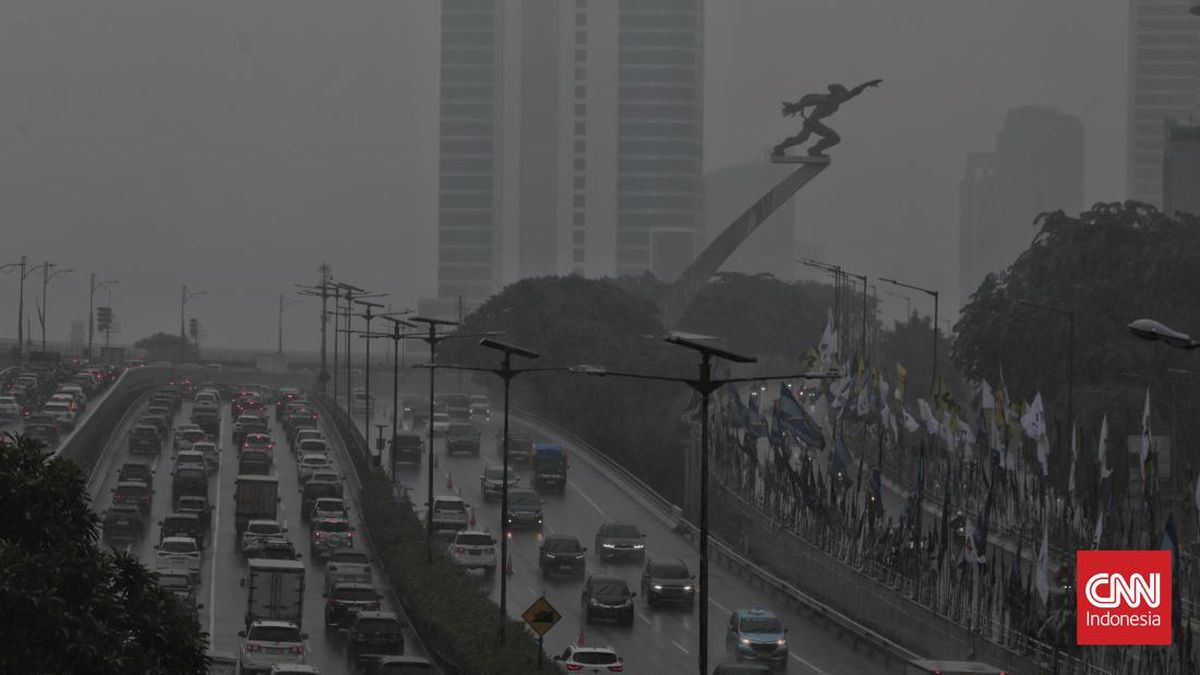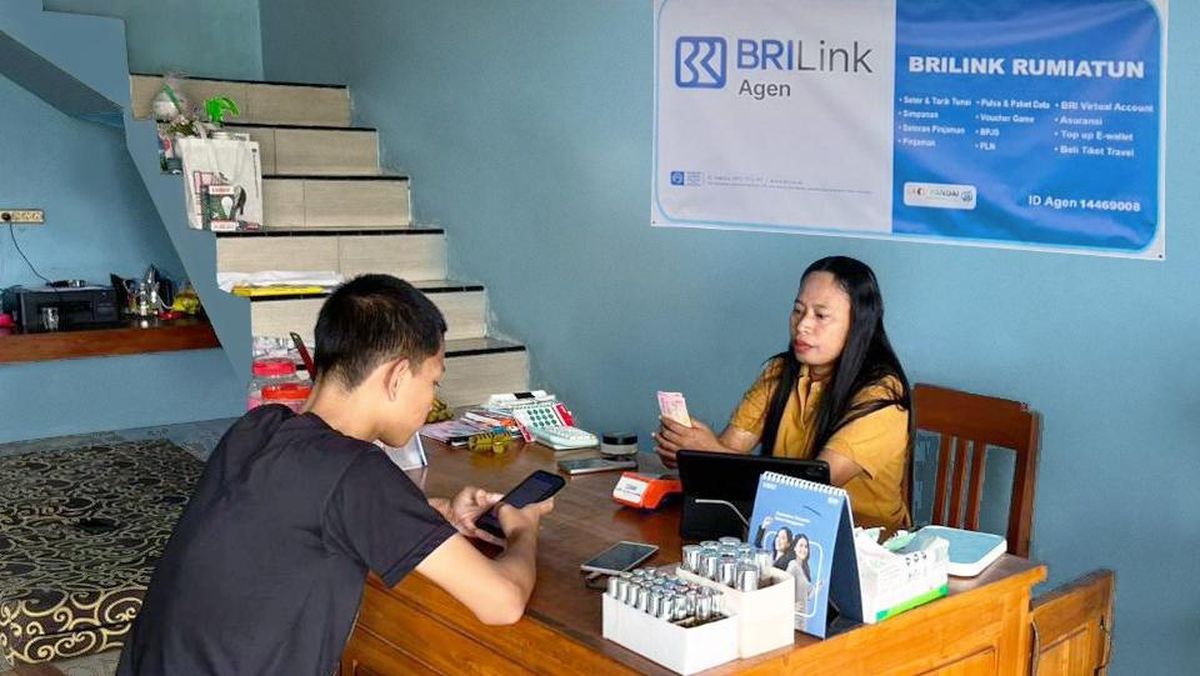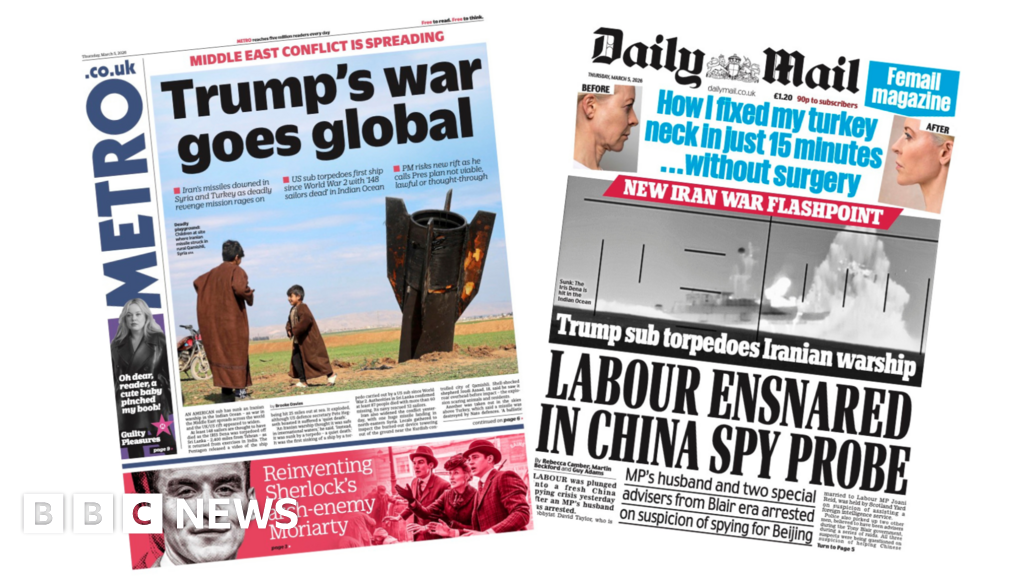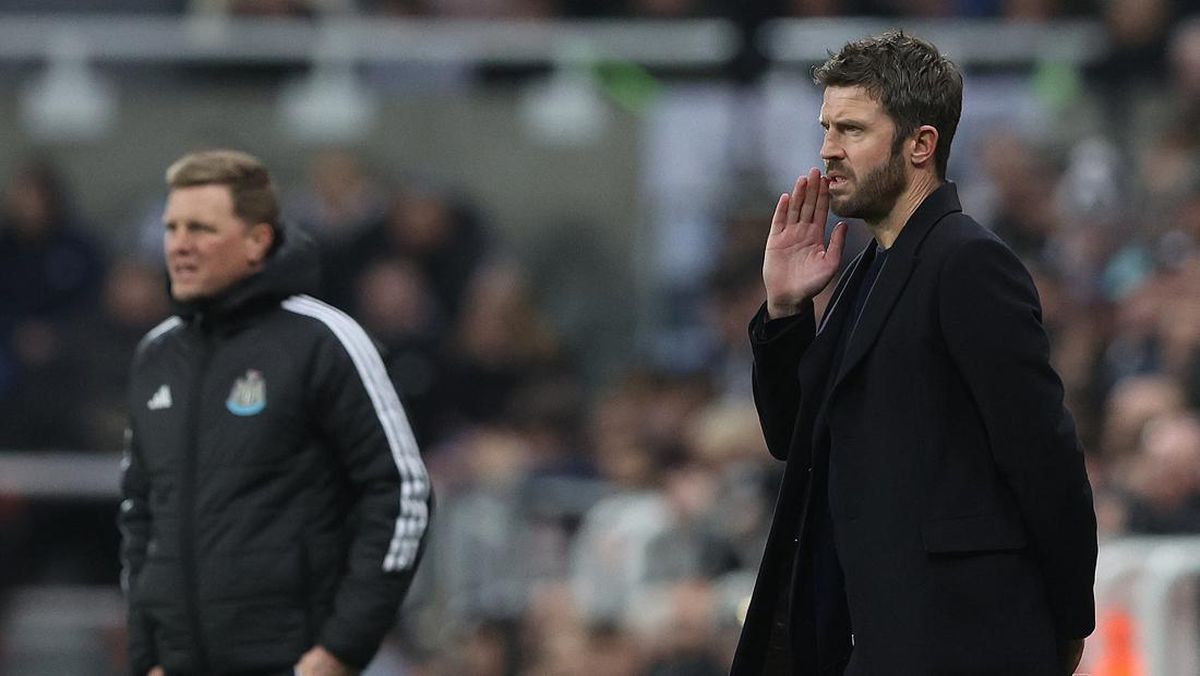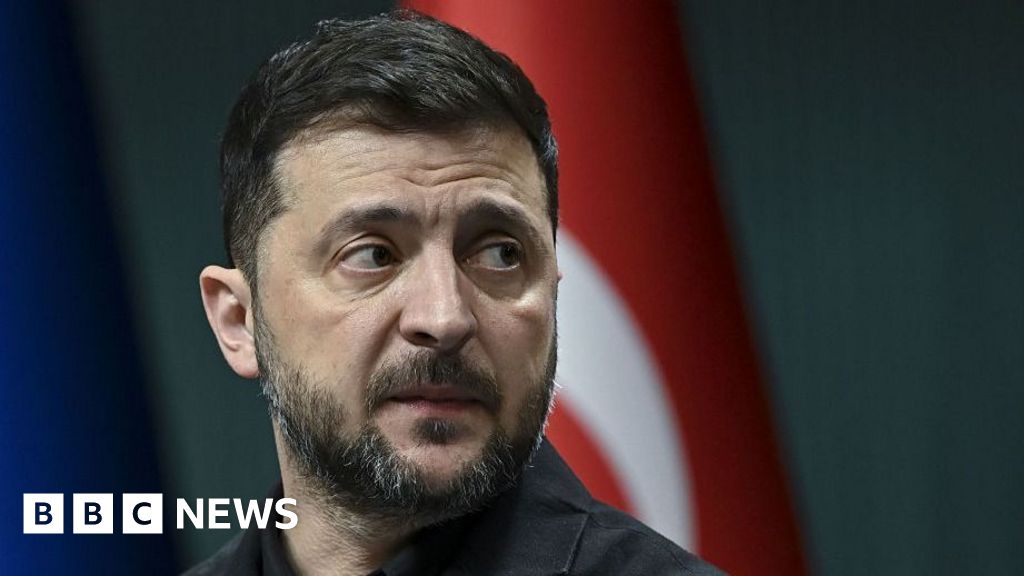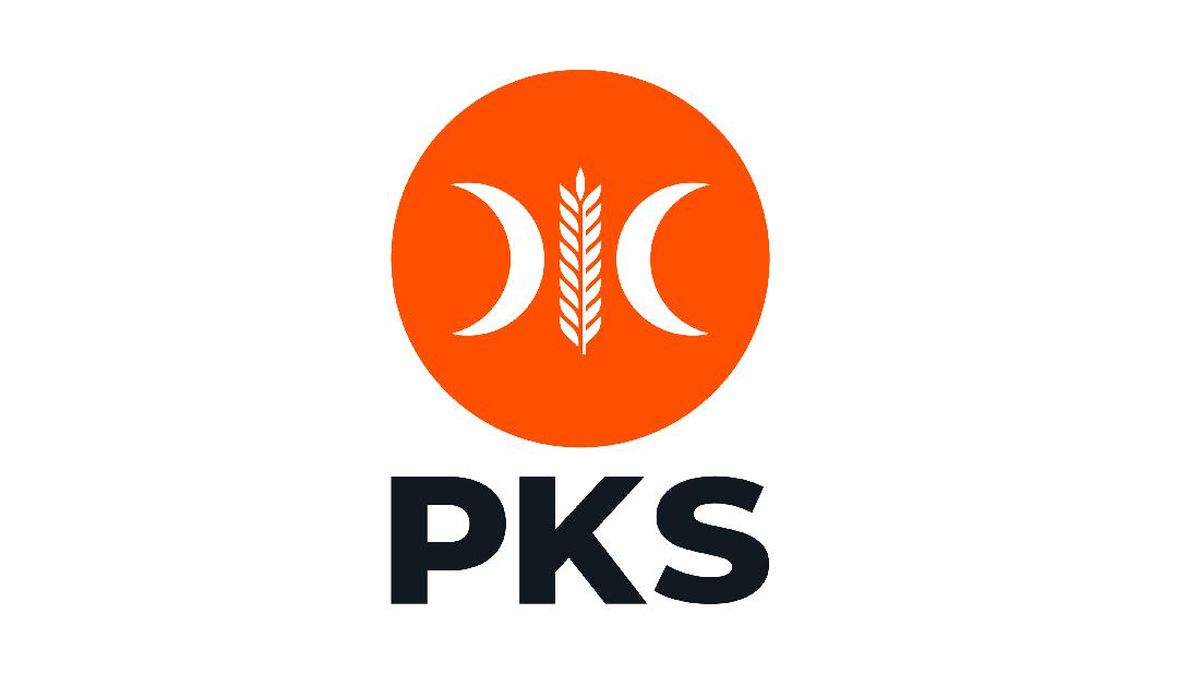The U.S. Department of Transportation on Wednesday unveiled a campaign aimed at bringing more civility to air travel, urging Americans to dress "with respect" and remember simple courtesies like saying "please" and "thank you" to flight attendants. Travel experts say they're skeptical it will make much difference.
The new plan — called "The Golden Age of Travel Starts With You" — is meant to "jumpstart a nationwide conversation around how we can all restore courtesy and class to air travel," the agency said.
Transportation Secretary Sean Duffy is rolling out the civility campaign in part as a response to what the agency called a record rise in unruly passenger incidents, including altercations with other travelers and airline staff. The issue isn't new, with U.S. Federal Aviation Administration data showing that incidents with unruly passengers peaked in 2021, although reports remain roughly double their pre-pandemic level.
The Transportation Department didn't define what it meant by "dressing with respect." In a Wednesday social media post, Duffy wrote, "Dress up to go to the airport, help a stranger out, and be in a good mood."
Duffy said he's encouraging air travelers to ask themselves the following five questions to ensure civility:
- Are you helping a pregnant woman or the elderly with placing their bags in the overhead bin?
- Are you dressing with respect?
- Are you keeping control of your children and helping them through the airport?
- Are you saying thank you to your flight attendants?
- Are you saying please and thank you in general?
Can dressing better improve economy class?
Travel experts are skeptical that the Transportation Department's call to dress up for the airport will result in meaningful changes. Most travelers now prize comfort over formality, especially given the typically tight seating in economy and the likelihood of delays.
In response to Duffy's social media post, some users chimed in with their own ideas — from widening cramped economy seats to making security checkpoints friendlier for travelers. While some agreed that a little more civility would be welcome, others noted that comfortable clothes make flying more tolerable in such tight quarters.
A few decades ago, when Americans typically dressed up to fly, the travel experience looked a whole lot different.
"Economy class was actually nice. Now, everyone is wedged together on planes," Chris Elliott, a travel expert and consumer advocate, told CBS News.
Sarah Silbert, a strategist at the flight search engine Points Path, said the clothing guideline isn't enforceable and isn't likely to shift traveler behavior.
"It's more of a soft nudge about travel etiquette," she told CBS News. "Given how cramped and stressful flying can be for most people now, it's easy to see why a message about 'dressing up' will draw pushback."
Travelers' interpretations may also vary significantly, experts added.
"Do I imagine anyone would be able to agree on what the dress code is? No," Daniel Green, co-founder of Faye Travel Insurance, told CBS News. He added that he doesn't think there should be a dress code for travelers, either.
"At the end of the day, I think this is just a well-intentioned messaging campaign about behaving well in public that will likely have no practical or tangible implications for people," he said.
Changes in air travel
The rise in unruly passengers stems from several issues, including alcohol, drugs and mental health issues, as well as stress from dealing with crowded airports and problems like flight delays, according to Transport Security International, a travel publication.
Scott Keyes, founder of the flight-deals site Going.com, noted that the "golden age of travel" was hardly golden for most Americans. Airfare was so expensive that flying was largely limited to the wealthy. Because flying is more affordable today, air travel has become a more democratized experience, he added.
"Many more people are traveling today. You see people from all walks of life getting on planes, and this campaign harkens back to a time when air travel was only for the elite," he told CBS News.
He also objects to the notion that the "golden age" of flying provided a better passenger experience than today's flights.
"There are many ways in which it was an objectively worse experience. The flights took longer, they didn't have Wi-Fi, and there was cigarette smoke wafting through cabins," he said.
Even so, he said he doubts the Transportation Department's civility push will inspire anyone to start dressing to the nines.
"If you think it's a good thing that most of society today can afford to buy tickets and travel, then you have to accept that people are going to behave how they're going to behave," Keyes said. "I don't think I would want to live in a society that had dress recommendations to be on an airplane."
Edited by Aimee Picchi
New PSA asks flyers to show some manners
New PSA asks flyers to show some manners this holiday season
(01:32)


